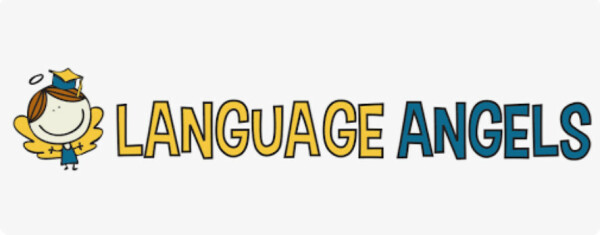Languages

 Languages Overview
Languages Overview
Our aim is to develop the confidence and competence of each child in the foreign language they are learning. Our goal is for them to be passionate, curious and confident about their own foreign language learning abilities when they finish the primary school phase of their education. We aim for all children to speak with increasing confidence, fluency and spontaneity, finding ways of communicating what they want to say, including through discussion and asking questions, and continually improving the accuracy of their pronunciation and intonation.
We also aim for children to write at varying length, for different purposes and audiences, using the variety of grammatical structures that they have learnt. We will extend their knowledge of how language works and explore the similarities and differences between the foreign language they are learning and English. In order to do this,we use Language Angels to teach Spanish to the children in Key Stage Two. This programme allows us to listen to the spoken language and respond so we begin to ask and answer questions. We then start to communicate and engage in conversations with growing confidence. We also read and understand a range of vocabulary and phrases to broaden our vocabulary and develop our ideas in writing.
National Curriculum documents for Languages
Modern foreign languages overview
The three ‘pillars’ of language learning (phonics, grammar and vocabulary) are all built into the scheme and, as pupils progress through the units and teaching types, previous language is recycled, revisited and consolidated. Each lesson is built around specific goals and subject themes so that pupils can develop their language skills as a series of building blocks. Teachers are equipped with answers to questions that might emerge during the lesson.
Every lesson in every unit contains a variety of activities (whole class / pair and desk-based) covering speaking, listening, reading & writing skills. These activities become increasingly more challenging as pupils move through the teaching types. There are also extra consolidation activities in all four skills offered in the ‘Worksheets and Pupil Materials’ section of teacher materials.
Early Learning units focus more on listening and speaking but still provide some age-appropriate materials for reading and writing. As the children progress there is an equal focus on all four of the skills in progressively more challenging activities.
Key Concepts for Language Learning in Key Stage 2
